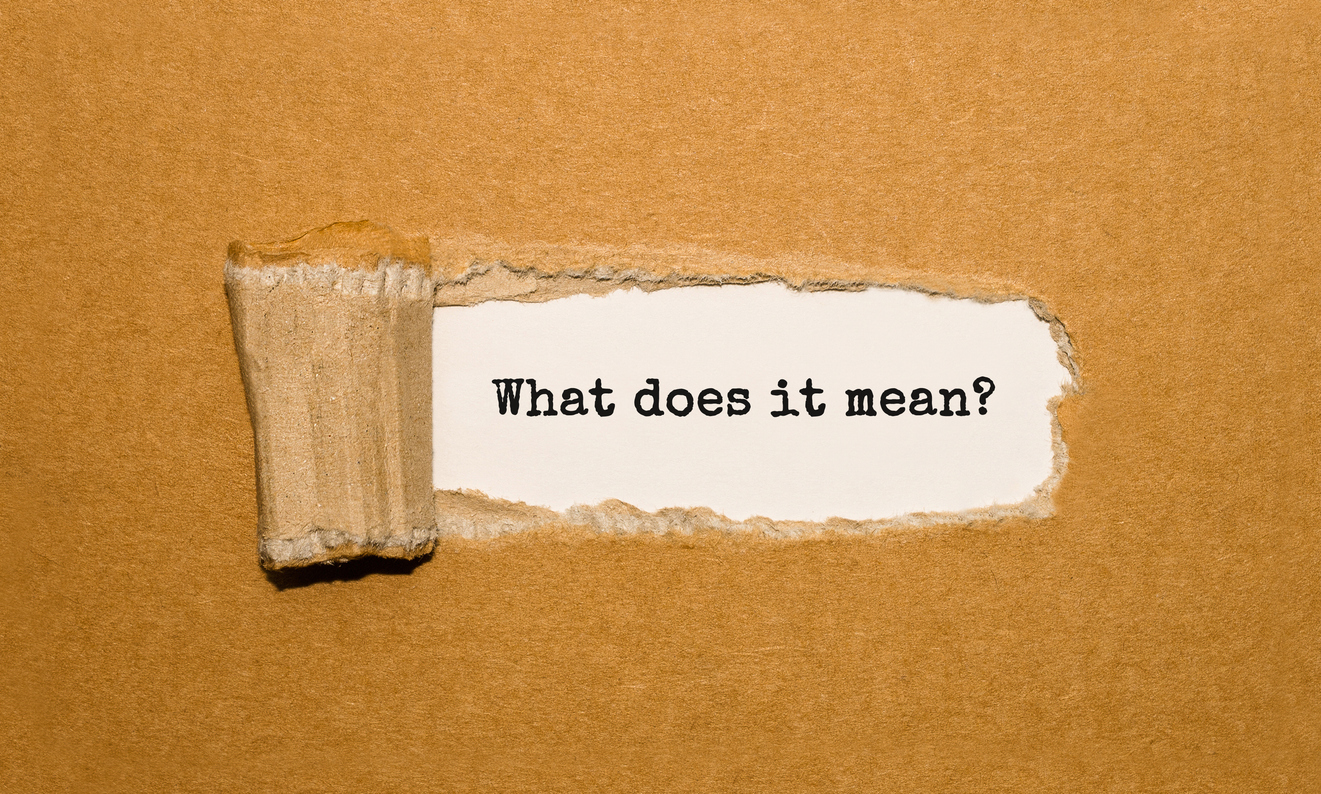As most of you know, there is a spreading concern about the presence of the Zika virus in South Florida. In fact, the Centers for Disease Control and Prevention has issued travel warnings pertaining to the regions where the Zika virus has been confirmed.
The first CDC travel advisory related to South Florida advised pregnant women to avoid the Wynwood, Midtown and Edgewater areas in Miami, Florida—areas known for popular art districts, restaurants, and shopping.
On Aug. 19, 2016, Florida Governor Rick Scott confirmed the Florida health department’s findings that there are five new local cases of Zika and a new “transmission zone” in Miami Beach. Consequently, the CDC has issued an additional travel advisory pertaining to specific areas in Miami Beach.
What impact might the Zika virus have on local businesses?
The Zika virus has caused some Florida based businesses that rely on tourism and people who live in Florida part-time to become concerned. Even though the Zika virus has only been identified in certain regions of South Florida so far, business and property owners in Florida are and should be worried about the potential impact the virus might have on their businesses.
Not only are there numerous outdoor events scheduled in South Florida over the next year (NFL and College Football, music, and art festivals, to name a few), but South Florida’s beaches remain a tourist attraction for all as well as a popular haven for spring breakers.
Local hotels, restaurants and other businesses typically gain business as a result of these events, but the public concern about the Zika virus could have a negative impact. Thus, all business owners, and particularly those in Florida’s tourism and hospitality industries, should take the time to review their insurance policies to make sure the appropriate type of “business interruption” coverage is in place.
Business interruption insurance, normally obtained as a component of a business property insurance policy, is designed to protect businesses against lost profits due to operational disruptions.
In most property policies, business interruption coverage is triggered when the policyholder suffers physical damage to insured property. However, some policies (such as those written for policyholders in the hospitality industry), often provide coverage for losses stemming from infectious diseases without requiring other physical damage to property.
Further, local businesses should be sure to review their Workers Compensation Policies as well. What happens if one or more of a company’s workers get bitten by a mosquito with Zika while working? Would those workers be entitled to workers compensation benefits? Most states’ workers compensation statute provide that an employee is entitled to benefits for an “occupational disease.” Under Florida law as an example, an occupational diseases is one in which the “nature of the employment” is the major contributing cause of the disease. Florida Statute 440.151 specifies that the presence of the disease must be proven by medical testing and a physician’s examination, and that the hazards of the disease must be associated with the occupation. While “ordinary diseases” generally are excluded, if an employee can demonstrate a direct causal connection between the virus and the workplace, there might be a viable argument for coverage.
We all hope that the government and medical professionals work quickly to find a vaccine and cure for the Zika virus. However, in the interim, local Florida businesses would be wise to meet with insurance professionals to conduct a coverage analysis to evaluate and make sure that there is appropriate coverage in place to address any impacts that the Zika virus might have on business.



